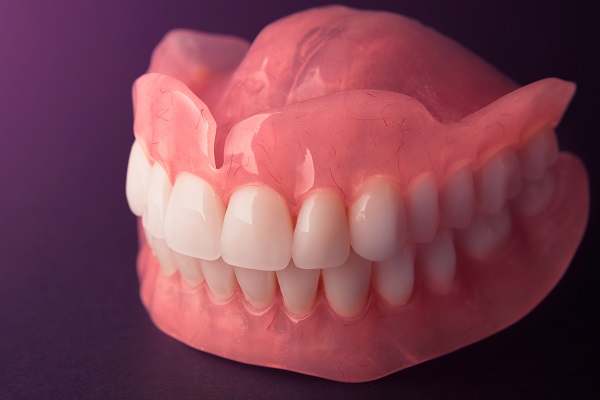- Phone: 08821 - 226692
- +91 - 9885057683
- Mon-Sat (10.30 AM - 8 PM)
- Book an Appointment
Dentures

Dentures are removable appliances that can replace missing teeth and help restore your smile. If you’ve lost all of your natural teeth, whether from gum disease, tooth decay or injury, replacing missing teeth will benefit your appearance and your health. That’s because dentures make it easier to eat and speak better than you could without teeth—things that people often take for granted.
When you lose all of your teeth, facial muscles can sag, making you look older. Dentures can help fill out the appearance of your face and profile. They can be made to closely resemble your natural teeth so that your appearance does not change much. Dentures may even improve the look of your smile.
Types of dentures:
- Conventional. This full removable denture is made and placed in your mouth after the remaining teeth are removed and tissues have healed, which may take several months.
- Immediate. This removable denture is inserted on the same day that the remaining teeth are removed. Your dentist will take measurements and make models of your jaw during a preliminary visit. You don’t have to be without teeth during the healing period, but may need to have the denture relined or remade after your jaw has healed.
- Overdenture. Sometimes some of your teeth can be saved to preserve your jawbone and provide stability and support for the denture. An overdenture fits over a small number of remaining natural teeth after they have been prepared by your dentist. Implants can serve the same function, too.
New dentures may feel awkward for a few weeks until you become accustomed to them. The dentures may feel loose while the muscles of your cheek and tongue learn to keep them in place. It is not unusual to experience minor irritation or soreness. You may find that saliva flow temporarily increases. As your mouth becomes accustomed to the dentures, these problems should go away. Follow-up appointments with the dentist are generally needed after a denture is inserted so the fit can be checked and adjusted. If any problem persists, particularly irritation or soreness, be sure to consult your dentist.
Even if you wear full dentures, you still have to practice good dental hygiene. Brush your gums, tongue and roof of your mouth every morning with a soft-bristled brush before you insert your dentures to stimulate circulation in your tissues and help remove plaque.
Are There Alternatives to Dentures?
Yes, dental implants can be used to support cemented bridges, eliminating the need for a denture. The cost is usually greater, but the implants and bridges more closely resemble the feel of real teeth. Dental implants are becoming the alternative to dentures but not everyone is a candidate for implants.
Dental implants may also be used to support dentures, offering more stability.
Consult your dentist for advice about implants.
Does Insurance Cover the Cost of Dentures?
Most dental insurance providers cover some or all of the cost of dentures. However, contact your company to find out the specifics of what they will cover.
How Are Dentures Made?
The denture development process takes a few weeks and several appointments. Once your dentist or prosthodontist (a dentist who specializes in the restoration and replacement of teeth) determines what type of appliance is best for you, the general steps are to:
Make a series of impressions of your jaw and take measurements of how your jaws relate to one another and how much space is between them.
Create models, wax forms, and/or plastic patterns in the exact shape and position of the denture to be made. You will "try in" this model several times and the denture will be assessed for color, shape, and fit before the final denture is cast.
Subscribe to our
Newsletter
***We Promise, no spam!




